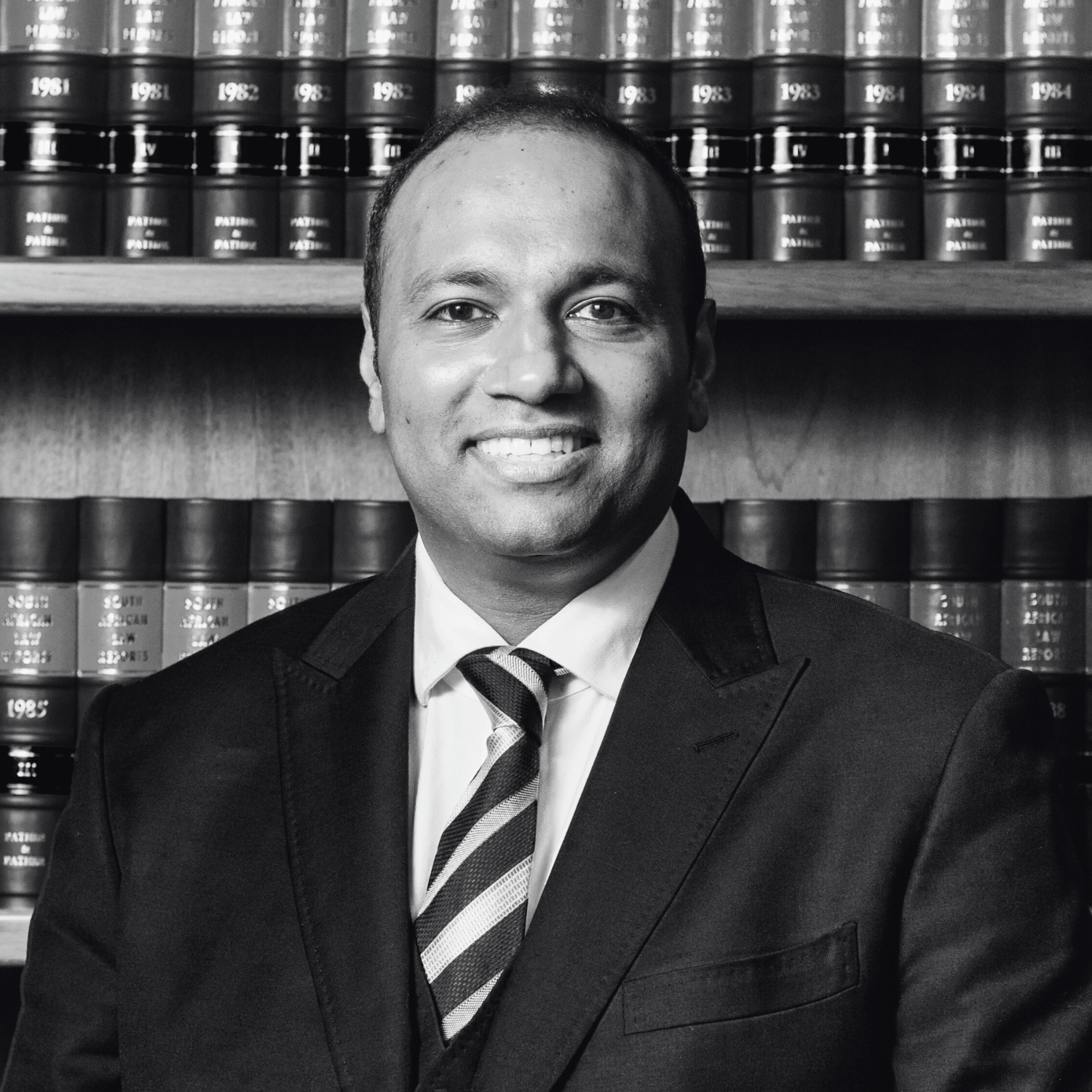Very few people realise the financial implications of dying. Many South Africans have insufficient cash in their estates to pay for the estate costs and debts.
There are many estates – both large and small – where individuals mistakenly think that liquidity and solvency are the same thing, which explains why cash shortfalls have become a frequent occurrence in recent times.
Solvency can be explained as a scenario where the total assets in your estate exceed the total liabilities. Insolvency, therefore, is the event where – after the sale of all assets – there is still not enough money to settle the liabilities in your estate. This means that there is nothing left for heirs to inherit.
Liquidity, on the other hand, refers to whether an estate has sufficient cash – or assets which can easily be reduced to cash – to settle the liabilities and immediate costs, without the need to sell assets that would otherwise be left as an inheritance for beneficiaries.
The following are examples of the type of costs that are typically payable when a person dies.
Funeral costs
South Africa is the 4th most expensive country to die in. A funeral can cost anything from R15 000 to R70 000 or more.
Advertising costs
During the administration of an estate, two sets of legal notices must be placed in a local newspaper and the Government Gazette. The rates for these advertisements differ from newspaper to newspaper but are usually around R550 per notice.
Master’s fees
Master’s fees are payable as a revenue to the South African Revenue Service. The amount of Master’s fees payable depends on the value of the estate and starts at a minimum of R600 up to a maximum of R7 000
Executor’s fees
The executor is entitled to a fee to administer the estate. The prescribed tariff is currently 3,5% plus VAT of the gross value of the assets. If the estate is worth R1 million the executor’s fees will be R35 000 + VAT of R5 250 = R40 250
Estate duty
Estate duty is payable by your estate if the net value of the estate exceeds R3,5 million. The estate duty is levied on the dutiable amount of the estate at a rate of 20% on the first R30 million and at a rate of 25% on the dutiable value of the estate above R30 million.
Capital gains tax
When a person passes away, the deceased person is deemed to have disposed of his assets. This is because there has been a change of ownership because the assets are being inherited by your heirs. The executor will have to determine whether capital gains tax is payable on the deemed disposal of assets. An estate may therefore be below the threshold for estate duty, but still incur a CGT liability.
Maintenance and accrual claims
Maintenance obligations usually do not cease at death and the executor normally has to pay a lump sum to the claimant. If provision was not made for these claims, assets must be sold to meet this obligation which could result in a surviving spouse having to sell the family home. The effect of an accrual claim is often not understood and could have severe financial implications for a surviving spouse. For example, if the deceased was married out of community of property with the accrual system, the executor will have to claim from the surviving spouse if he/she has the bigger estate.
Transfer costs of fixed property
Where an heir inherits immovable property from an estate, it must be transferred to him in terms of the Deeds Registries Act. The transfer costs payable to the conveyancer and the Deeds Office fees are a charge against the Estate. Transfer costs of fixed property to an heir (determined by a sliding scale issued by the Law Society): R29 000 on a property worth R1 million
Mortgage bond cancellation costs
If any property is bonded to the bank as security, the bond must be cancelled. The bond cancellation attorney’s fee typically varies between R5 500 and R7 500 plus VAT
Valuation costs
The account rendered by an appraiser for a valuation of the assets is payable out of the assets of the estate. Fees can vary anything between R2 000 and R5 000 plus travelling costs
Costs to obtain duplicate motor vehicle registration certificates
Where the original certificate (logbook) is lost, the executor must apply for a duplicate original from the provincial registration authority where the vehicle was registered. The cost of this varies from traffic department to traffic department
Bank charges
Service fees are debited by the bank to the estate late bank account opened in the name of the estate. These fees and charges vary from bank to bank and can range between R300 to R500 per month
Municipal charges
Outstanding municipal rates and taxes and utility accounts are claims against the estate and need to be paid before any immovable property can be transferred out of the estate. It is important to keep these accounts up to date. Rates and taxes payable to the City Council with the transfer of fixed property – five months in advance
Other debts (bond, overdraft, finance agreements, credit cards, etc)
An outstanding amount due on a bond at death must be settled before the executor may distribute the assets to the heirs. In many instances the surviving spouse or the heir do not qualify to take over the bond, which may result in the executor having to sell the house and settle the bond. Interest on outstanding debt does not cease when a person dies, so interest-bearing accounts should be settled as soon as possible.
What it all means
It often happens that an estate has insufficient liquidity to settle the debts and administration expenses
This is referred to as a cash shortfall. In such an event, the executor will approach the heirs to see if they are able to pay the cash shortfall into the estate to avoid a sale of the assets. If the heirs are not able or willing to pay the cash shortfall, the executor will have no choice but to sell estate assets to raise the cash to pay the shortfall. This is far from ideal as the executor may be forced to sell an asset, such as a vehicle or even a family home, to raise the cash
How to avoid a cash shortfall
The easiest way to provide liquidity in your estate would be to take out a life policy if you do not have sufficient cash resources to settle your estate liabilities. Such a policy can also pay outstanding debts, so your assets won’t have to be sold. A life policy can also allow for a lump sum to provide income for your spouse and children.
by Wim Visser


































